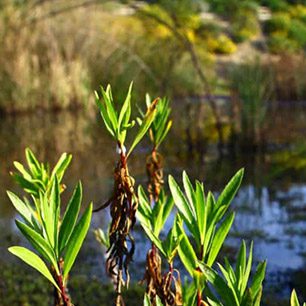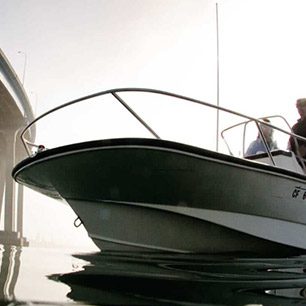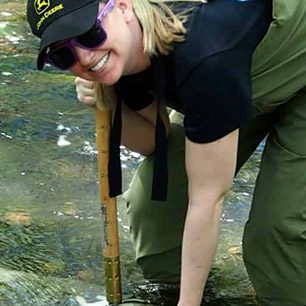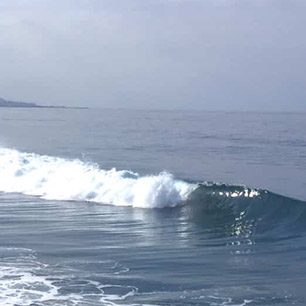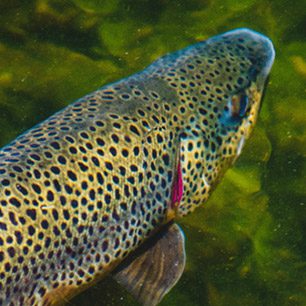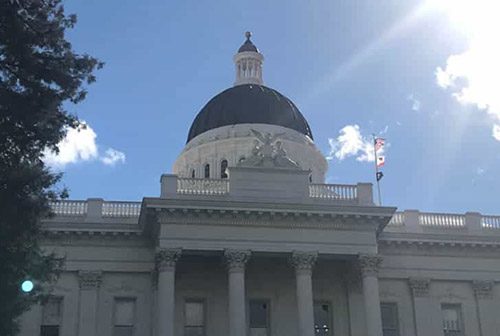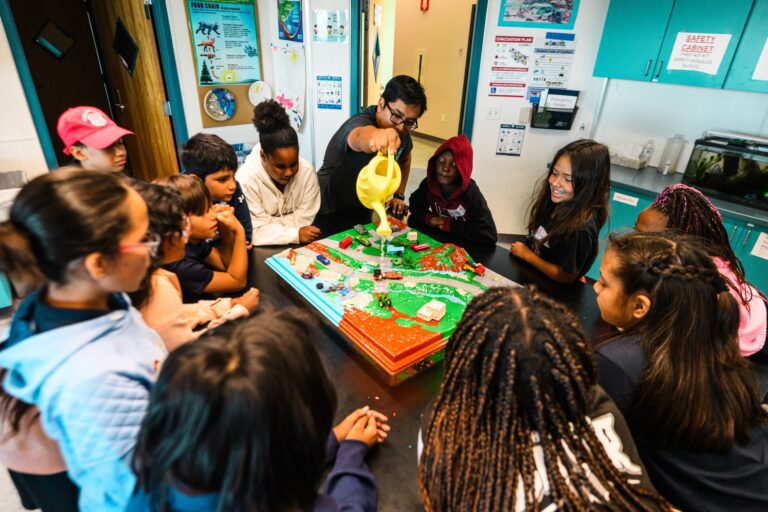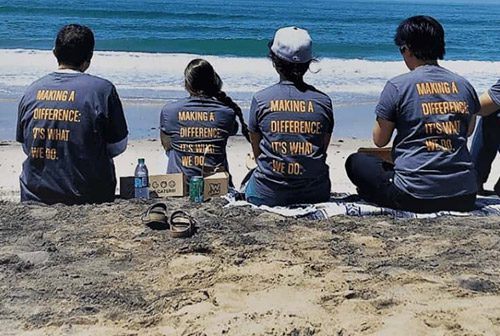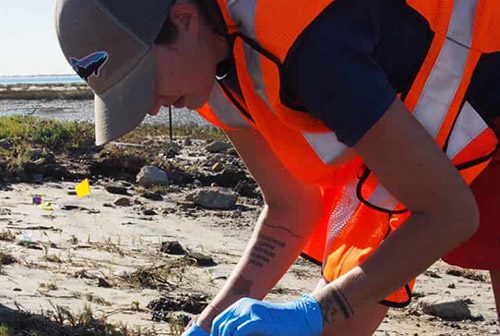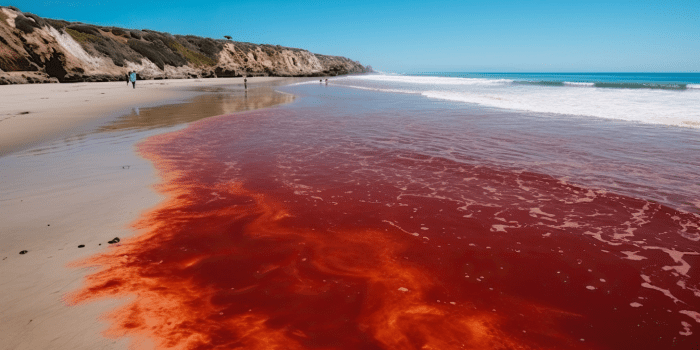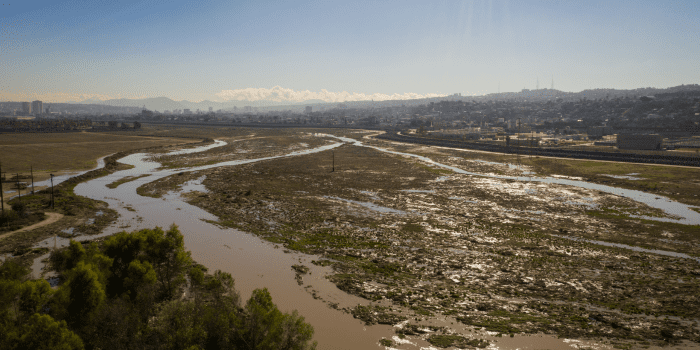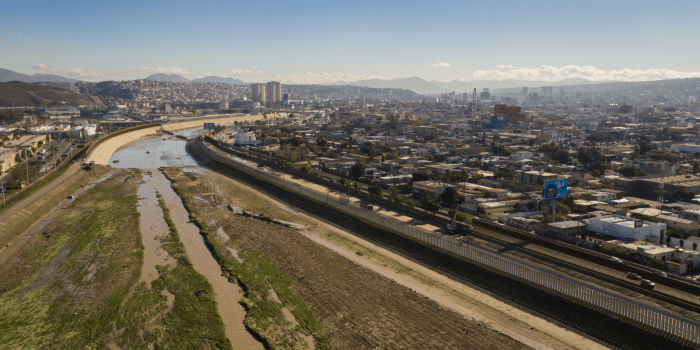Commission votes 8-4 to deny environmentalists’ request to revoke desal plant permit
{readmorelink}Read the full article…{/readmorelink}
OCEANSIDE, Calif. – February 10, 2010 – The California Coastal Commission and its staff acknowledged today that Poseidon Resources intentionally withheld information that resulted inerroneous greenhouse gas mitigation calculations for its planned Carlsbad Desalination Plant (CDP). Ultimately, the Commission voted 8 – 4 to deny a request from San Diego Coastkeeper, Surfrider Foundation and the Coastal Environmental Rights Foundation to revoke the plant’s permit, and it also voted to deny Poseidon’s request to change findings that it intentionally omitted pertinent information while supplying inaccurate data.
“This is what we’ve been saying since the beginning—Poseidon misrepresented material facts to the Commission and the public regarding the project—and the Coastal Commission agrees with us,” said Executive Coastkeeper Bruce Reznik. “This is not the project we were promised.”
The original approval of the CDP in 2007 required Poseidon to offset the greenhouse gas emissions attributable to its energy use. Poseidon argued that the water it produced would replace supplies imported from the Sacramento Delta—one of San Diego’s main sources of water. However, the Coastal Commission and its staff acknowledged today that Poseidon withheld a 2005 draft contract for a Metropolitan Water District subsidy, which clearly established the CDP would not replace water pumped in from the Delta.
At the time of the Coastal Commission approval, Poseidon representative Peter MacLaggan testified that “…the project will produce 56,000-acre feet per year of desalinated water that will directly replace on a 1:1 basis water that otherwise would be imported to Poseidon’s customers from the State Water Project.”
“Because Poseidon undermined the public process and concealed important information, the community and environment will suffer more from the Carlsbad Desalination Plant,” said Reznik. “The project will only offset one-third of the 100,000 metric tons of carbon dioxide that will be contributed by the facility, but it should be responsible for all of it.”
The legal standard for a revocation process necessitates agreement on three parts: that Poseidon: (1) provided inaccurate, erroneous, or incomplete information ; (2) that it did so intentionally; and (3) that inclusion of the accurate/complete information would have caused a different conclusion. While the Commission and its staff agreed Poseidon intentionally withheld important information and included inaccuracies in their reports, the Commission found it would have approved the permit based on information provided to them from other sources.
Because this is a precedent-setting process for desalination plants planned along the California coastline and throughout the nation, Coastkeeper and other environmental groups have insisted that it follow regulatory processes to ensure the facility is as protective of the coastal environment as possible.
San Diego Coastkeeper has promoted a water supply hierarchy in order to avoid just the sort of impacts caused by this project. Coastkeeper routinely advocates for conservation and smart land use practices to be considered first, followed by water recycling and reuse, and lastly responsible, environmentally friendly desalination if needed. More voices have joined this call for a water ‘loading order’. Lieutenant Governor John Garamendi, a State Lands Commissioner who had voted to approve
the Poseidon project at that agency, has since expressed concerns with moving forward with desalination before first implementing more environmentally friendly water supply options.
Founded in 1995, San Diego Coastkeeper protects the region’s bays, beaches, watersheds and ocean for the people and wildlife that depend on them. We balance community outreach, education, and advocacy to promote stewardship of clean water and a healthy coastal ecosystem.
